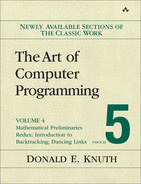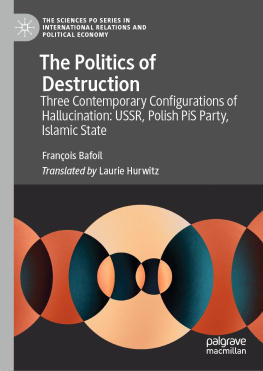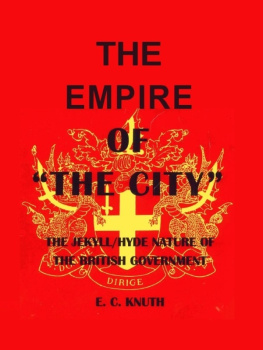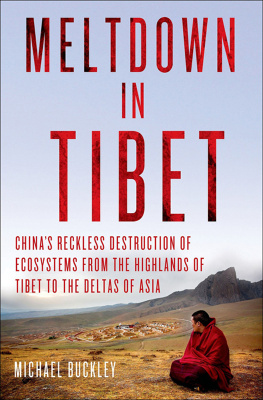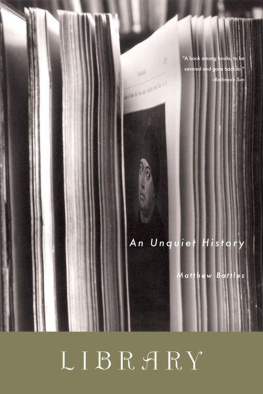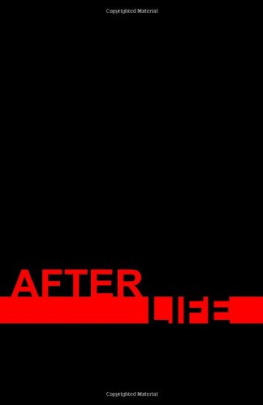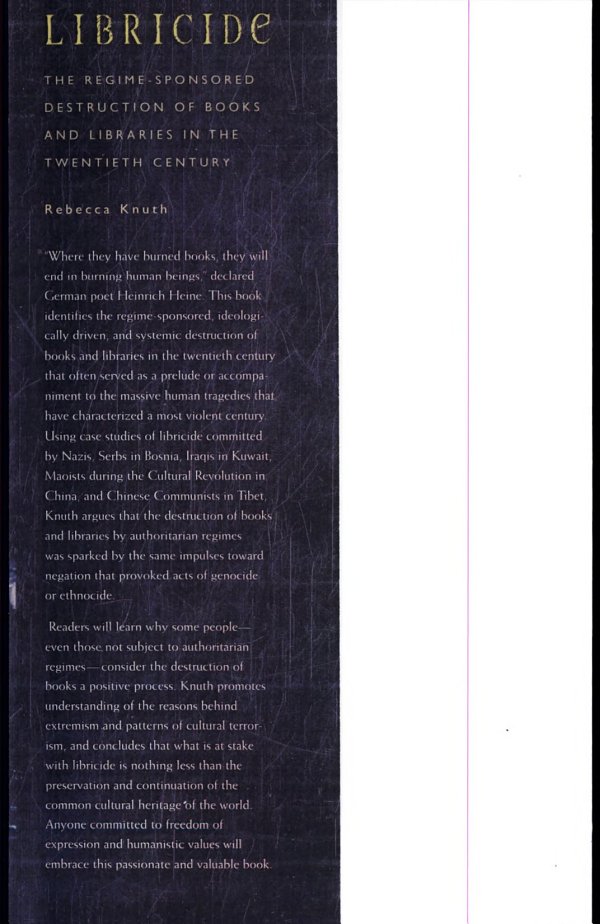


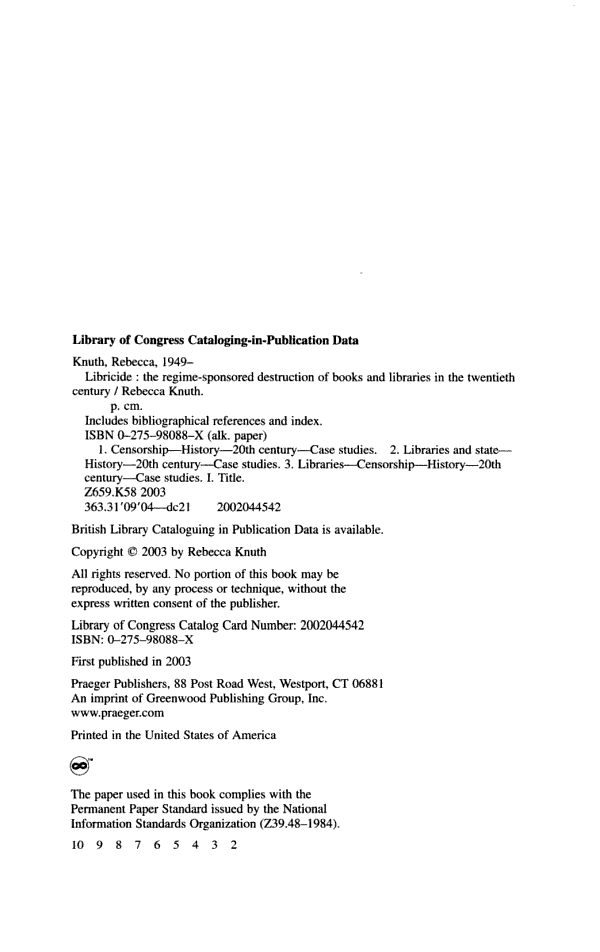
PREFACE
"Questions are the engines of intellect.... There can be no thinking without questioning, no purposeful study of the past, nor any serious planning for the future."
(Fischer 1970, 3).
Books and libraries occasionally fall victim to disaster. They are, after all, fragile material objects. In 1966 floods in Florence damaged two million books, many of them rare and precious manuscripts. In 1988, a devastating fire claimed 3.6 million books in Leningrad's Academy of Sciences Library. While we are saddened by such catastrophes and feel a sense of loss, we respond differently to the destruction of books in "natural" disasters than to the deliberate violation of books. In natural disasters, human agency is, at most, a secondary force at play, and damage to cultural materials does not raise questions about the basic order of society. The case is entirely different when books and libraries are systematically looted, bombed, and burned, for then a deliberate and calculated attack on the culture of a group is launched, and the world responds from a sense that the whole of human culture has come under attack. In the pages to come, I will argue that this is, in fact, the case, and for this reason a look back at the twentieth century's plague of book destruction is critical if we are to understand such behavior and, subsequently, take active steps to protect the common cultural heritage of the world.
My project began with these two questions: What really distinguishes those who mourn the destruction of books and libraries from those who willingly, even joyfully, throw books into the fires? And how can the ideals of human progress be reconciled with the mass violence and destruction of culture that characterized the twentieth century? In formulating these questions, I was seeking to address what seems to me a lack of analysis in accounts of the destruction of books and libraries. Often emotional and bewildered, witness accounts describe the damage, and then proceed to attribute the violencea violation of something they consider to be inherently goodto latent barbarism and a specialized evil. This is a seductive but non-productive mindset because it fails to come to grips with two critical factors: the political nature of written records and the fact that such destruction follows a common pattern. Far from being a mere product of evil, the destruction of textual materials was goal-oriented and carefully rationalized within struggles between competing worldviews that wracked the last century. Seeking Utopia, extremist regimes crossed every imaginable boundary as their belief systems metamorphosed into radical ideologies.
In the chaos achieved by extremist aggression, genocide and ethnocide emerged as recognizable phenomena, clearly linked to ideas, and I propose that a third pattern, libricide, exists and falls within the same theoretical universe. "Libricide" is defined in the Oxford English Dictionary as a rare term, denoting simply "the killing of a book." It combines the idea of book and slaughter (in the same way that "homicide" refers to the murder of a person) and its etymology reflects a link to genocide and ethnocide. In this book I have chosen to use "libricide" to refer specifically to the twentieth-century, large-scale, regime-sanctioned destruction of books and libraries, purposeful initiatives that were designed to advance short- and long-term ideologically driven goals; libricide is an identifiable secondary pattern or sub-phenomena occurring within the framework of genocide and ethnocide. Like other kinds of sociocultural violations committed during war or civil unrest, libricide has remained largely invisible at the same time as technological advancements, centralized leadership, extreme ideologies, and modern mentalities of war have enabled this kind of violation to become systemic. It is because of its social consequences that probing the dynamics of libricide is of immediate importance.
To establish a rudimentary sense of this dynamic, I have begun in Chapter 1 with an exploration of reactions to book destruction, building a case that libricide exists, and establishing its connection with genocide and ethnocide. Chapter 2 discusses the evolution and functions of libraries and links libraries to history, collective memory, belief systems, nationalism, and societal development. While most of the literature on librarianship focuses on the operational aspects of librariesi.e. the retrieval, preservation, and dissemination of informationthis chapter identifies their social and political functions, which are key to their becoming the targets of violence. In Chapter 3 the stage is set for the five case studies by the proposal of a theoretical framework for libricide in which beliefs, co-opted by extremists and transformed into ideologies, rationalize the identification of textual materials as tools of the enemy or as enemies themselves. The trigger factors that activate common patterns worldwide are identified. Chapters 4 through 8 contain cases that were selected to demonstrate the viability of the framework and illustrate the dynamics of such destruction: libricides committed by Nazis, Serbs in Bosnia, Iraqis in Kuwait, Maoists during the Chinese Cultural Revolution, and Chinese Communists in Tibet. The choice of these cases was influenced by access to source materials, issues of geographical and political representation, and the ability of the case to advance understanding of the perpetrators' motivation and demonstrate the varying permutations of the phenomenon. Nazi Germany was selected because it is the prototypical case of libricide by a racist, right-wing, and nationalist agent; also, a plethora of materials was available. A study of Imperialist Japan was excluded because the motivation was similar to that of the Nazis and there were fewer resources. Bosnia was an essential case because of its currency, and because of insights to be gleaned from ethnic cleansing; I chose to focus on Serbian atrocities rather than Croatian because Serbia far surpassed Croatia in the scale and intensity of damage to books and libraries. I wanted to include a case from the Middle East and decided against the Turkish destruction of Armenian texts during World War I in favor of the more contemporary Iraqi invasion of Kuwait, which had an interesting mixture of ideological motivations. While probing left-wing or Communist libricide, it became evident that the Soviet Union, in the interest of extinguishing national identity among its constituent nations, was guilty of some of the most egregious cultural destruction; however, the necessary information has yet to be mined from Soviet archives. China, therefore, represented the best route to understanding left-wing or revolutionary destruction; further, the fate of books and libraries during the Cultural Revolution is an astonishingly compelling story. I collected information about Cambodia during Pol Pot's regime, but decided that the more significant and complex story was the Communist annihilation of the cultural materials of the quasimedieval Tibet. More space has been devoted to China and Tibet than to the other cases in order to do justice to the complexities of the Cultural Revolution and establish the full scope of Tibet's written heritage before addressing its destruction. The book concludes in Chapter 9 with an exploration of deeper issues and attention to the development of international law and mechanisms for the prevention of libricide. It argues that twentieth-century libricide reflected battles between extremist ideologies and democratic humanism and internationalism.




